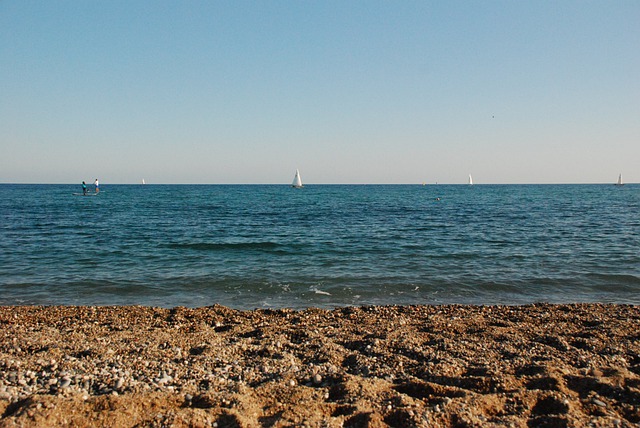shark roulette 🎱 Shark Roulette: The Ethical Dilemma of Marine Tourism

Shark Roulette: The Ethical Dilemma of Marine Tourism
In recent years, the phenomenon known as "shark roulette" has emerged as a controversial yet captivating aspect of marine tourism, drawing both thrill-seekers and conservation advocates into a heated debate. This practice, which involves enticing sharks into close proximity with humans, raises significant ethical questions regarding animal welfare, ecological balance, and the long-term sustainability of marine ecosystems. As society grapples with the implications of such activities, it is imperative to explore the multifaceted dimensions of shark roulette and its impact on both the marine environment and human perceptions of these majestic creatures.
At its core, shark roulette typically involves baiting sharks to create a high-intensity encounter for divers and snorkelers. Participants are offered the opportunity to experience the thrill of swimming alongside these predators, often in a controlled environment designed to maximize excitement. Proponents of shark roulette argue that such experiences foster a deeper appreciation for marine life and promote conservation efforts by raising awareness among participants. They contend that close encounters can inspire individuals to advocate for the protection of shark populations, which are facing threats from overfishing, habitat destruction, and climate change.
However, this perspective is not without its critics. Animal welfare advocates express concern over the potential stress and harm inflicted upon sharks during these encounters. The practice of baiting can lead to unnatural feeding behaviors and disrupt the natural hunting instincts of these animals. Furthermore, the commodification of wildlife, where sharks are reduced to mere attractions for human entertainment, raises ethical questions about our responsibility to respect and protect these creatures in their natural habitats. The balance between human enjoyment and the preservation of wildlife is a delicate one, necessitating careful consideration and ethical scrutiny.
Beyond the immediate concerns of animal welfare, shark roulette poses broader implications for marine ecosystems. Sharks play a crucial role in maintaining the health of oceanic environments. As apex predators, they regulate the populations of other marine species, thereby contributing to the overall balance of the ecosystem. Disrupting their natural behaviors through practices like shark roulette can have cascading effects on marine biodiversity. The introduction of human-created stimuli can alter shark migration patterns and breeding behaviors, potentially leading to unforeseen consequences for the entire marine food web.shark roulette

Furthermore, the environmental impact of shark roulette cannot be overlooked. The influx of tourists seeking these adrenaline-fueled experiences often leads to increased boat traffic, pollution, and habitat degradation in sensitive marine areas. The pressure of tourism can exacerbate existing threats to shark populations, ultimately undermining the very conservation efforts that proponents claim to support. Sustainable tourism practices must prioritize the preservation of marine habitats and the well-being of marine species rather than prioritizing short-term economic gains.
As the global community becomes increasingly aware of the importance of marine conservation, it is essential to rethink how we engage with wildlife. The rise of eco-tourism has shown that it is possible to create meaningful experiences that prioritize environmental stewardship. Responsible tourism initiatives can provide opportunities for education and advocacy while minimizing the impact on wildlife and their habitats. By fostering a culture of respect for marine ecosystems, we can shift the narrative from thrill-seeking to conservation-oriented engagement.shark roulette
In addressing the ethical dilemma of shark roulette, it is vital to promote dialogue among stakeholders, including marine biologists, conservationists, tourism operators, and local communities. Collaborative efforts can lead to the development of guidelines and best practices that ensure the welfare of sharks while providing safe and educational experiences for tourists. By prioritizing the health of marine ecosystems and the well-being of marine species, we can create a sustainable model for marine tourism that respects both human curiosity and the natural world.
In conclusion, shark roulette serves as a poignant reminder of the complex interplay between human activity and the natural environment. While the allure of close encounters with sharks may captivate the imagination, it is crucial to approach such experiences with a sense of responsibility and ethical consideration. As stewards of the ocean, we must advocate for practices that honor the intrinsic value of marine life and strive for a harmonious coexistence between humans and the creatures of the sea. The future of both marine ecosystems and human engagement with wildlife depends on our ability to navigate these ethical waters with care and compassion.shark roulette

Fale conosco. Envie dúvidas, críticas ou sugestões para a nossa equipe através dos contatos abaixo:
Telefone: 0086-10-8805-0795
Email: portuguese@9099.com


